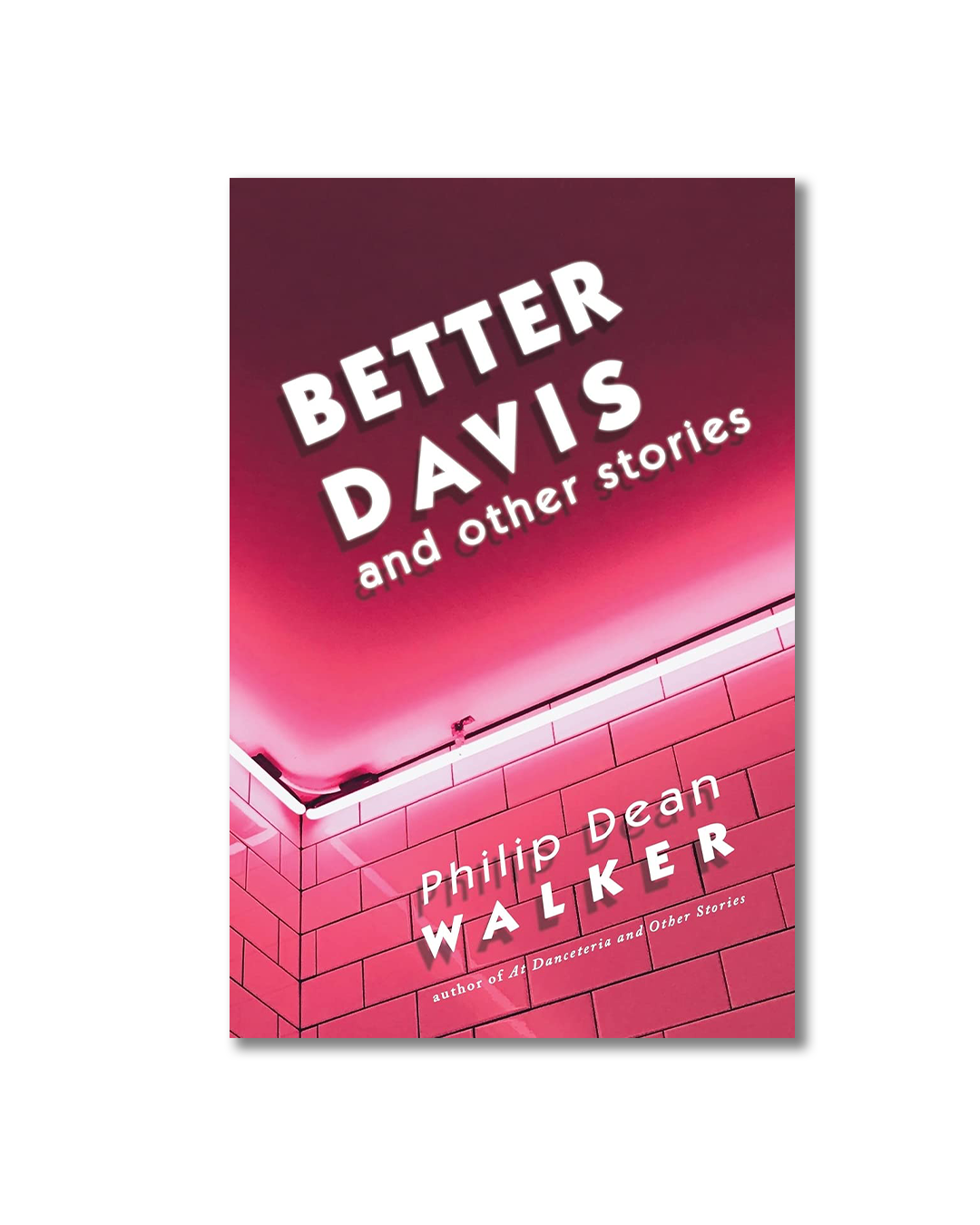from “Vague Predictions & Prophecies”
I couldn’t see anything but I could hear that the pasture was now moving, alive with women. I started to run before a hand stopped me, landing across my chest.
Not My First Review: On Honor Levy’s “My First Book”
Far from the “novel in tweets” that critics warned us about, we’ve instead arrived at the primacy of the disembodied voice as a character in of itself, jostling in the void to be the loudest of them all.
from “Delinquents”
I asked my characters what they wanted and they answered. My goal was to write a book about middle America during the opioid epidemic. I ran cars full of dope boys with fake MRIs from Ohio to Florida.
That Girl: On Kathleen Alcott’s “Emergency”
The best stories are about people who we don’t really know but think we could. Had we gone to that party we missed; had we been born without that mole.
Told by an Idiot: On Jaroslav Hašek’s “The Man Without a Transit Pass”
Hašek is mocking authority and bourgeois respectability, of course, but the criticism is ultimately of the individual’s inability to tolerate being the butt of a joke. If the universe is absurd, then we shouldn’t be so foolish as to take it seriously.
At the Risk Management Playground: A Conversation with Tucker Leighty-Phillips
I guess it is labeled as a story collection. So they’re all—for the sake of categorization—they’re short stories, but I don’t know. Some of them were published as prose poems, and I think that letting them both be categorized and also evasive of categorization is kind of cool.
Going the Distance: On George Saunders’ “Liberation Day”
Saunders is making a performance of his imaginative jumps, of empathy itself, with an admirable enthusiasm for entertaining us.
from “Better Davis and Other Stories”
Jim watched the television in the waiting room of Dr. Mallory’s office while he waited for his test results. Something was playing on a loop on the screen.
Passion, Edited: An Interview with Frederic Tuten
Since the release of his first novel in 1971, Frederic Tuten has charted a singular course through the comparatively choppy waters of late twentieth-century American belles lettres.
Supernatural Specters, Normal Human Malice: On Edith Wharton's "Ghosts"
Edith Wharton was “twenty-seven or -eight” before she was able to sleep in a room that contained even a single ghost story.











